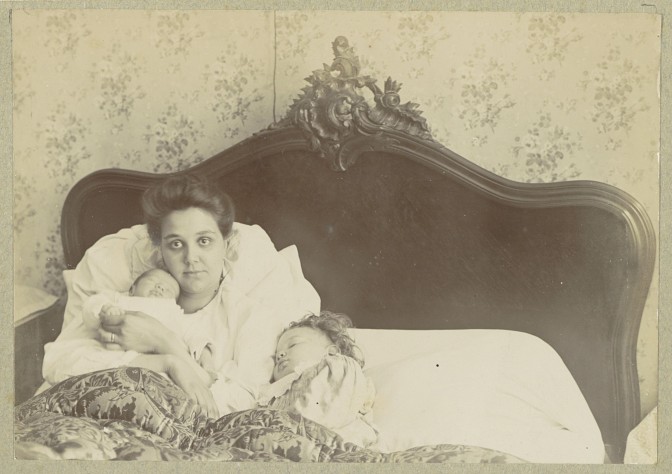When you are researching a family during the time of the civil registration (after 1811 in most parts of the Netherlands), make sure to gather the birth records of all the children. They are usually easy to find since most of them have been indexed.
Some things you can learn when you have the birth records of all the children:
- It will give you the family composition. I find it interesting to see what place a child had in its family. Was he the oldest son? He may have followed in his father’s footsteps. Was she the eldest daughter with lots of younger siblings? She may have been responsible for helping to raise the young children while the parents were working.
- It will usually give you the father’s occupation, which might change over time. That was not always updated in the population registers.
- It will usually give you the father’s age, which may help to estimate when he was born.
- It may tell you if the father was away, and sometimes even why (e.g., a sailor being overseas).
- It may give you the addresses where the family lived.
- It will give you the names of witnesses, who may have been neighbors or family members.
- It will give you the names of informants, which was usually the father but in his absence could be a midwife, doctor, or the owner of the house the child was born in.
- It may show unusual circumstances, like a child being born on a ship.

Mother shortly after giving birth. Unknown photographer, circa 1885. Credits: Rijksmuseum


4th bullet (It ay tell you) is incomprehensible
Thanks, fixed.
Could get expensive for me in England – 7 quid a pop!! That said, I buy what I can when I have extra money in the budget as it is important to me to have copies of original records… Are they really available free in the Netherlands?